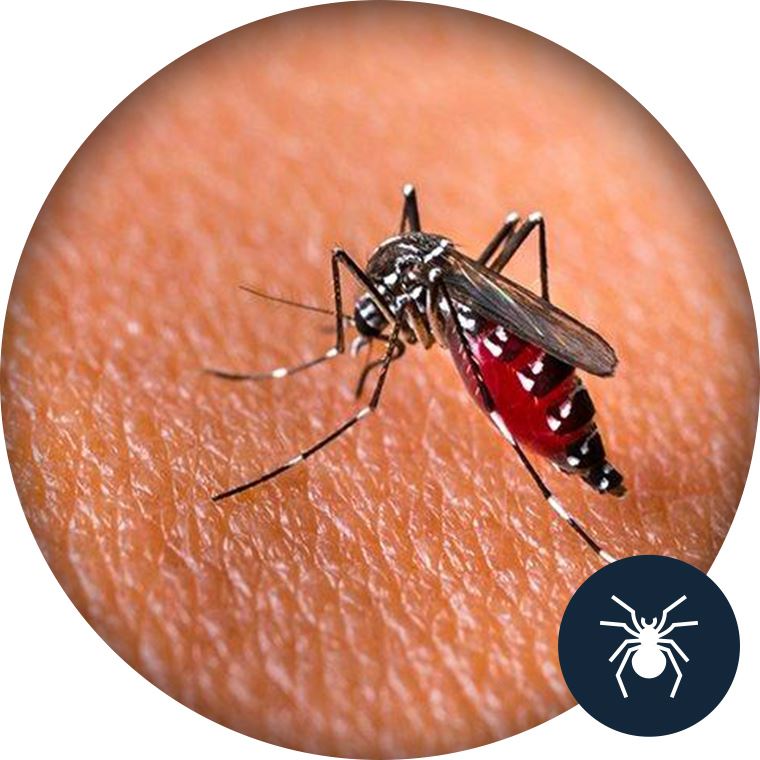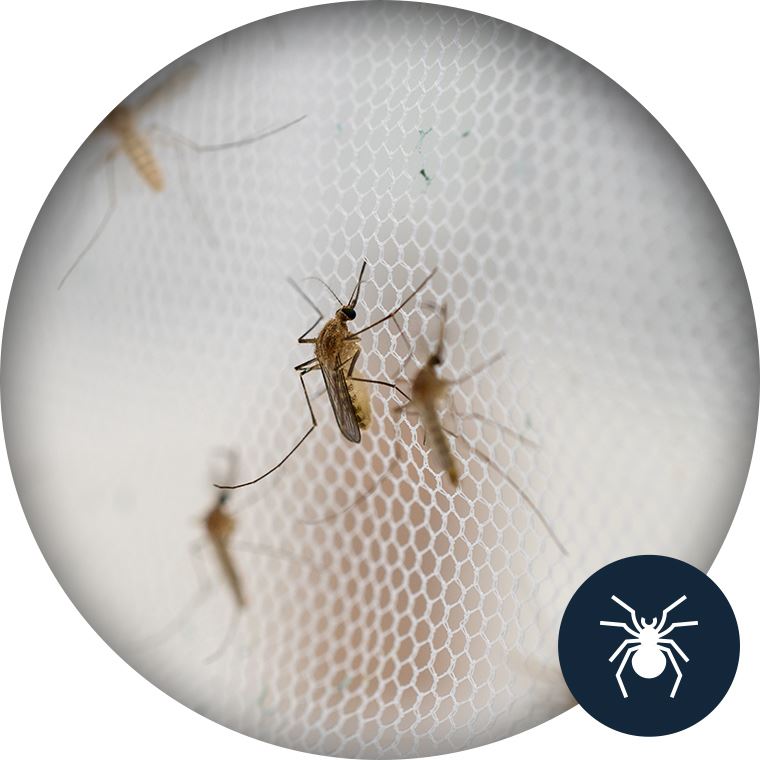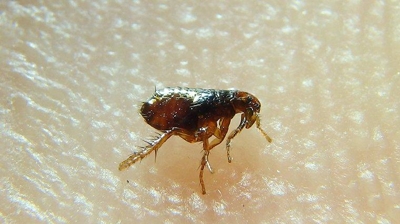
Mosquito Identification Guide Across the Midwest and East Coast
What Are Mosquitoes?
Mosquitoes are biting, fly-like insects that feed on human and animal blood with their extended mouthparts. These bloodsuckers take over our outdoor spaces. They're prolific breeders that thrive in warm, humid weather, and are common summertime pests. These aggressive biters, despite their small size, can ruin any time you try to spend outdoors.
Are Mosquitoes Dangerous?
Female mosquitoes bite and feed on blood in order to create healthy eggs that they lay on top of areas of standing water. The mosquito's ability to travel and feed on various hosts, allows them to transmit diseases that make people and our pets ill. These fragile insects deliver multiple, itchy bites that, if scratched at excessively, may become infected.
Diseases spread by mosquitoes in the United Statesinclude:
- West Nile virus
- Eastern equine encephalitis
- Western equine encephalitis
- St. Louis encephalitis
- La Crosse


Why Do I Have a Mosquito Problem?
If there is any standing water on your property, there are going to be mosquitoes laying eggs. While mosquitoes can travel, especially while searching for food, they tend to stay in the same area where they hatched. A single female mosquito lays about 300 eggs at a time and thousands of eggs in its life span! It takes around two weeks for eggs to develop into biting, breeding adults depending on environmental conditions, so it is easy to see how quickly mosquitoes can take over a property.


Hear The Buzz Our Customers Are Talking About
Over 4,400 5-Star Reviews on Google
-
- Cody G.
Justin was very friendly and explained what all he would be doing during this treatment. Justin worked quickly, throughly, and went above and beyond with his work.
-
- Susanna P.
Justin did an amazing service. He explained everything he was going to do and leave us with. Definitely would love for him to come back!
-
- Victoria C.
Rhonda did an amazing job today. She was very personable and professional. She made sure I received all the spray areas I had concerns about and trap coverage I needed. Great job!
-
- Breann V.
My technician, John, was prepared, friendly, and communicative. I appreciated his attention to detail in and outside my home. His pre-arrival call made scheduling a breeze.
-
Tech name Bear. Was very happy with his service. Explained all he did, and informed me of anything else was needed. He was very thorough with his inspection. Awesome tech- Robert R.
-
- Abbie M.
Chris G was so friendly. Being a girl who works from home alone, it means a lot when exterminators are kind and make you feel at ease that they are there to do their job! I never see any bugs in my house and that’s thanks to Chris G!!!
How Do I Get Rid of Mosquitoes?
Urbanex is the best choice to control mosquito numbers on your property. We offer our customers peace of mind knowing that problems with nuisance or dangerous pests will be solved and they won't return. At Urbanex, we offer modern and effective pest control services that provide maximum results. To learn why so many home and business owners trust us with their pest control needs, reach out to us today!






